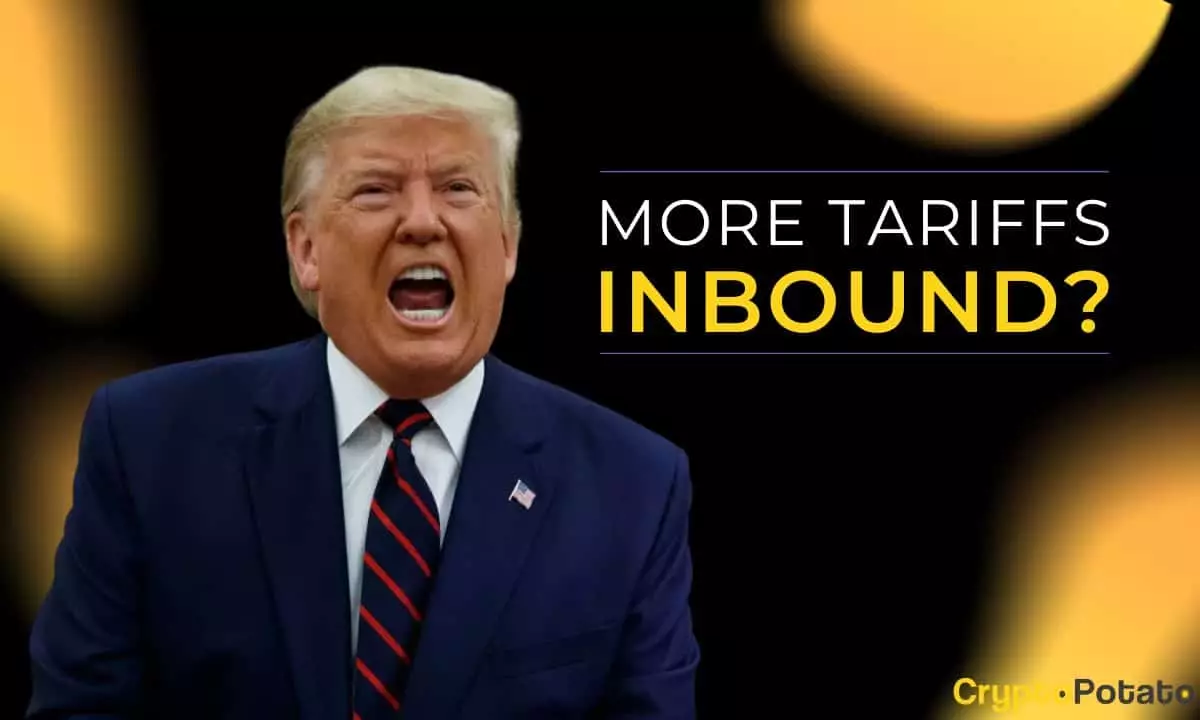April 2, 2023, marked a significant turning point in international trade relations when President Donald Trump unveiled sweeping tariffs against virtually all countries. Nicknamed “Liberation Day” by the administration, this announcement set off a firestorm in global markets, where anticipation of an all-out trade war incited turmoil rather than optimism. As a center-right observer of economic policy, I find it crucial to address the ramifications of this awkwardly named initiative and its potential consequences on not only American markets but also the world at large.
Unfiltered Economic Disruption
In the days following Trump’s declaration, stock markets around the globe reacted with alarming severity. A staggering $5 trillion evaporated in market capitalization just within a week, with benchmark indices like the S&P 500 sinking over 6%. The reality is that imposing blanket tariffs of 10%, with some nations like China facing as much as 34%, signals a reckless approach to international trade. This is an authoritative step that deviates from the tried-and-true practices of negotiation and diplomacy. When market giants like Microsoft and Apple go into freefall, the broader implications for American job security and technological supremacy become apparent.
Trump’s rhetorical choice to label these tariffs as “reciprocal” underscores a simplistic understanding of a complex global trade ecosystem. Economic interdependence has been a cornerstone of post-war prosperity, and to dismiss it for the sake of addressing a national deficit reflects a troubling misunderstanding of contemporary economics—a perspective that jeopardizes long-term growth for short-term gains.
China’s Counterpunch: A Rally Cry for Retaliation
The international backlash was swift, as China matched Trump’s tariffs with retaliatory measures of its own. The notion of a trade war isn’t just esoteric jargon in political circles; it translates into tangible consequences for everyday lives. Curbing the export of critical minerals and blacklisting American companies, China has thrown down the gauntlet in response. However, the real concern is whether this retaliatory stance breeds a more significant crisis that engenders long-lasting economic repercussions.
Yet, many countries have refrained from immediate retaliation, likely in hopes of reaching a resolution through negotiation. Such hesitance to respond equally reinforces the perception that Trump’s policies could isolate the United States and compel allies to seek alternative partnerships. This trend poses grave risks for our country’s future as we lose economic standing and leverage on the world stage.
The Ideal of Free Markets: A Casualty of Political Boldness
One must wonder if the decision to implement tariffs reflects a failure to appreciate the virtues of free-market capitalism. As a proponent of center-right liberalism, the belief in competition should dominate economic strategies. The ambitious stance taken by Trump effectively eliminates that competition, creating a stifling bureaucratic environment where businesses struggle to adapt.
In the past, American ingenuity has thrived on market freedom, inspiring innovation and growth. By creating a climate of uncertainty, this new wave of protectionism estranges the bright minds of Silicon Valley from a global talent pool. Furthermore, stunting trade with longstanding allies compromises not just the economic landscape but also the political alliances cultivated over decades.
The Cryptocurrency Conundrum: A Silver Lining or More Gloom?
Curiously, amidst the turmoil, Bitcoin has exhibited resilience, demonstrating only a slight decline of 0.3% over the past week compared to the catastrophic losses in traditional equities. This divergence raises questions not just about the cryptocurrency’s future potential but about the overall stability of financial systems tethered to government policies. Could it be that a destabilized geopolitical climate gives rise to alternative economic structures, and what does this mean for future investments?
Many industry experts are expressing cautious optimism, postulating that Bitcoin could emerge as a safe haven in times of uncertainty. Yet, one must remain skeptical; investing in cryptocurrency is accompanied by its own inherent volatility.
The looming threat of a global economic disruption stemming from Trump’s tariffs poses an alarming call to action. The initial enthusiasm surrounding his administration’s bold approach has morphed into uncertainty and trepidation—one that demands a recalibration of conventional wisdom as we navigate these turbulent waters. The dawn of an unregulated trade war is not a “liberation” but rather a descent into chaos.

